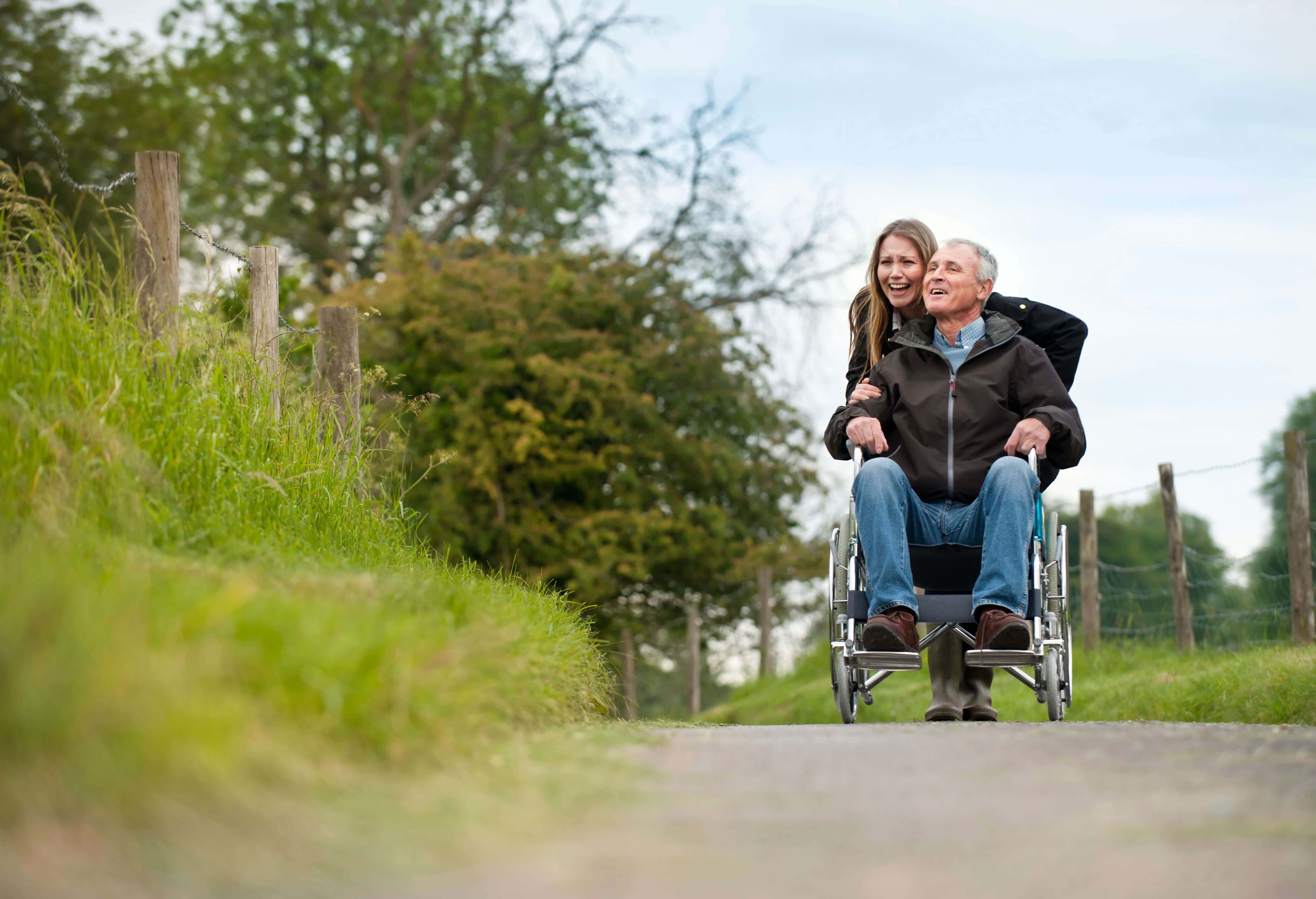
Amyotrophic lateral sclerosis (ALS), often referred to as Lou Gehrig’s disease, is a progressive neurodegenerative disorder that affects nerve cells in the brain and spinal cord. While commonly associated with middle-aged individuals, ALS can also manifest in older adults, presenting unique challenges and considerations.
Understanding ALS in Elderly Patients
ALS in older adults shares similarities with cases in younger individuals, involving the gradual degeneration of motor neurons. However, the impact on older adults may be influenced by age-related factors, complicating the disease’s progression and management.
What Causes ALS in Older Adults?
The exact cause of ALS remains elusive, and while age is considered a risk factor, the precise triggers for its onset in older adults are not fully understood. Genetic and environmental factors may contribute to the development of ALS in seniors.
How Fast Does ALS Progress in the Elderly?
ALS progression varies among individuals, making it challenging to predict the rate at which symptoms worsen. In older adults, age-related health considerations may affect the pace of disease progression, requiring a nuanced approach to care.
What Are the Late Symptoms of ALS in Senior Citizens?
Late-stage ALS in seniors may manifest with severe muscle weakness, difficulty speaking and swallowing, and respiratory challenges. These advanced symptoms necessitate comprehensive care and support to enhance the quality of life for affected individuals.
What to Expect with the End Stages of ALS
The end stages of ALS are characterized by significant physical limitations. Seniors may require extensive assistance with daily activities, and respiratory support may become a crucial aspect of care as the disease progresses.
How to Support Elderly Loved Ones with ALS
Supporting older adults with ALS involves a multidisciplinary approach, including medical care, emotional support, and assistance with daily tasks.
Detecting ALS in Seniors
Early detection of ALS in seniors involves recognizing subtle motor function changes and seeking prompt medical evaluation. Diagnostic tests and consultation with neurology specialists are key in confirming the presence of ALS.
Navigating ALS in older adults requires a holistic approach that addresses both the unique challenges associated with aging and the progressive nature of the disease. Comprehensive support and compassionate care play pivotal roles in enhancing the well-being of elderly individuals living with ALS.
